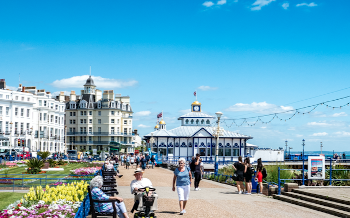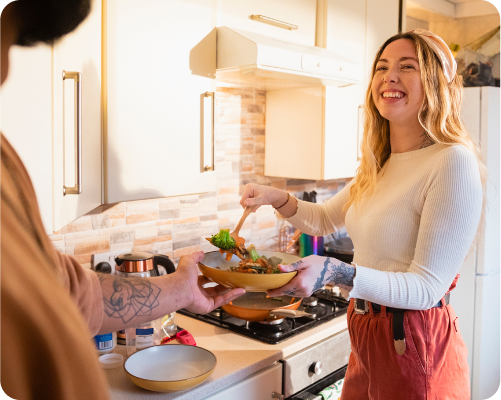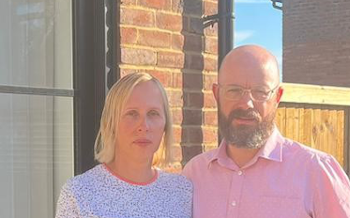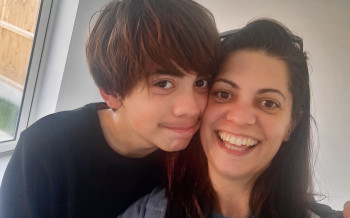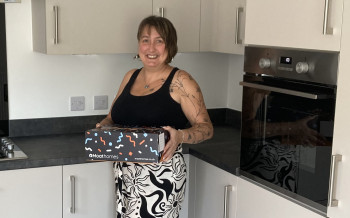Shared ownership is a government-backed initiative that helps people buy a home who can't afford to do so on the open market. Often referred to as part buy part rent, shared ownership is one of the most affordable home ownership options.
Shared ownership offers the chance to purchase a share of a property, usually between 25% and 75%, while paying a subsidised rent on the remainder. This rent is usually set at 2.75% (per annum) of the share you don’t buy; this is broken down into 12 monthly payments and is called rent.
Shared ownership is a form of leasehold ownership where you own the share that you buy, and the remainder belongs to Moat. You’ll have a lease for the property, which is a legal contract between us and you, that will outline your rights and responsibilities as a shared owner. The original lease length will usually be for 99, 125 or 990 years.





